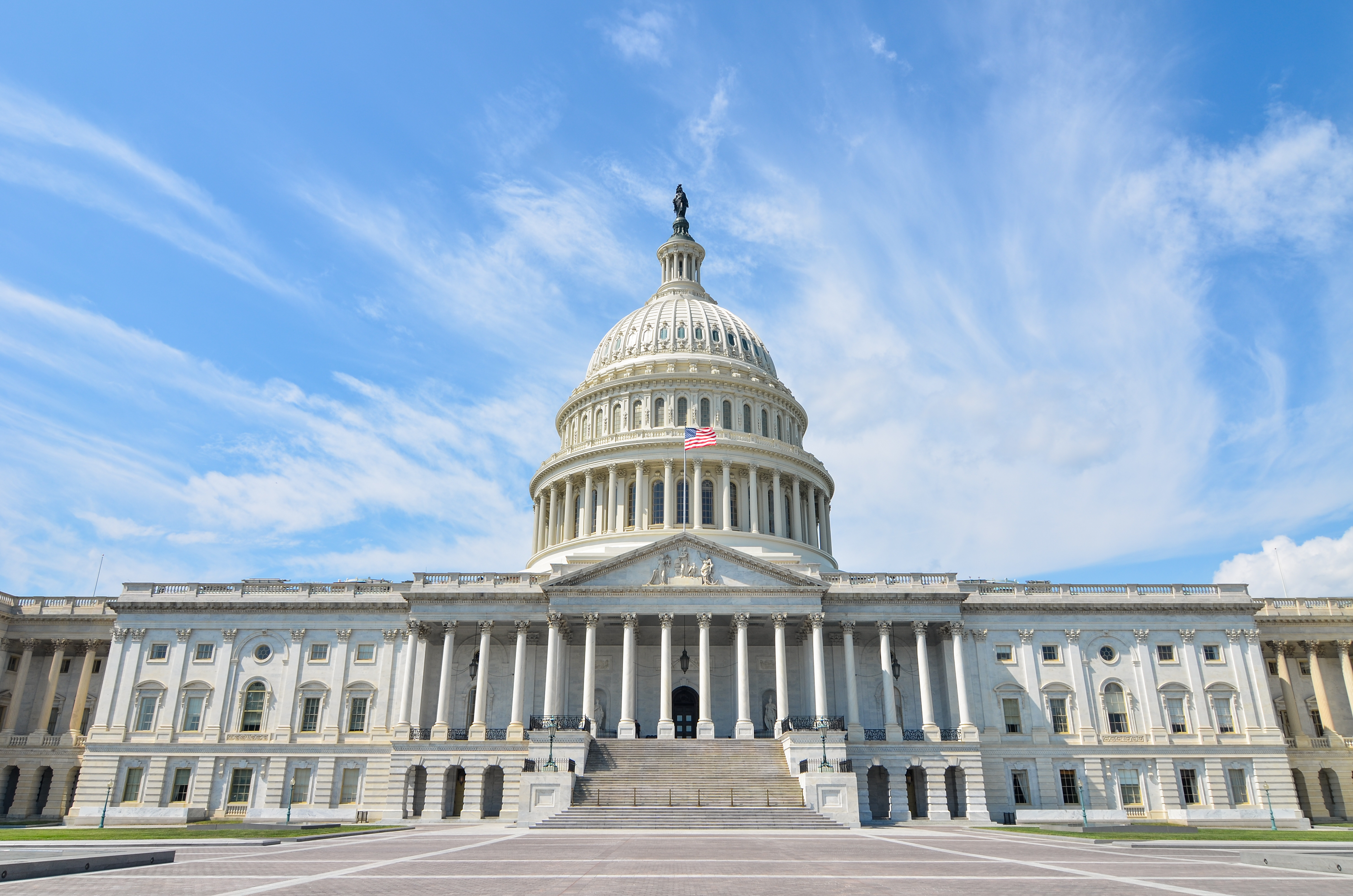Not long after the wildfires in Lahaina, Maui destroyed more than 2,000 buildings and caused billions of dollars in damages, a delegation of Hawaii lawmakers introduced legislation to significantly expand the disaster relief provisions contained in the SECURE 2.0 Act. 
Rep. Jill Tokuda (D-HI) and Sen. Mazie Hirono (D-HI)—along with Rep. Ed Case (D-HI) and Sen. Brian Schatz (D-HI) as cosponsors—recently introduced the Natural Disaster Tax Relief Act of 2023 (H.R. 5873 and S. 3043) in their respective chambers.
Similar to the retirement plan disaster relief provisions contained in SECURE 2.0, the National Disaster Tax Relief Act would:
- allow disaster-relief withdrawals from tax-exempt retirement plans up to $100,000;
- not subject qualified distributions to the 10% early withdrawal penalty; and
- increase to $100,000 the limit on loans for disaster assistance from retirement plans.
Notably, the expanded tax relief provisions under the legislation would apply only to losses resulting from a major disaster occurring in 2023.
In contrast, Section 331 of SECURE 2.0 provided permanent rules relating to using retirement funds in the case of a qualified disaster, but distributions are limited to $22,000 per disaster (rather than $100,000).
Like SECURE 2.0, the National Disaster Tax Relief Act would allow distributions to be repaid over a three-year period after the distribution. In addition, the recognition of income for tax purposes as a result of a disaster-related distribution could be spread over three years.
Additionally, amounts distributed before the disaster to purchase a home would be permitted to be recontributed.
The new disaster-relief legislation would also enhance the tax deduction for disaster-related personal casualty losses by eliminating the requirement to itemize deductions and removing the 10% loss requirement to qualify.
“Our Maui ohana has been through enough,” Rep. Tokuda said in a statement. “This bill helps victims of the fires reduce their tax burden and penalties as they seek to recover and rebuild. Having the cash and financial resources they need goes a long way in supporting themselves and their families.”
“As communities on Maui continue to heal and recover from the devastating wildfires, this bill will help provide relief to those who have lost so much as a result of this disaster,” added Sen. Hirono. “By easing the financial burden on those impacted by the wildfires, as well as other disasters across our country, the Natural Disaster Tax Relief Act will help bring some peace of mind for families and individuals and help ensure they have the necessary resources to support themselves.”
In August, the IRS announced that it was postponing certain tax filing and tax-payment deadlines, including Form 5500 filing deadlines, for the victims of the Hawaii wildfires based on the disaster declaration issued by the Federal Emergency Management Agency (FEMA).
The current bills were referred to the House Ways and Means Committee, and the Senate Finance Committee.
- Log in to post comments
